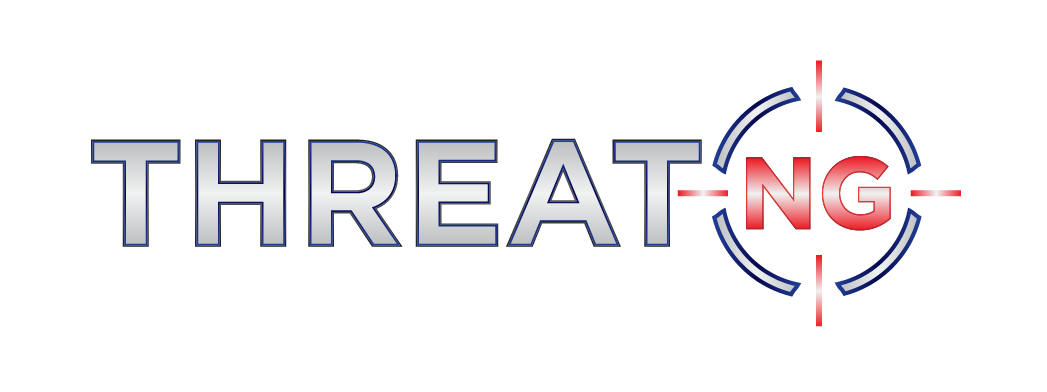DNSSEC
A collection of additions to the Domain Name System (DNS) protocol that improve the security and legitimacy of DNS data is known as DNSSEC, or Domain Name System Security Extensions. In the context of security and cybersecurity, DNSSEC is designed to address several vulnerabilities and threats associated with the DNS infrastructure:
Data Integrity: DNSSEC provides data integrity by digitally signing DNS resource records, which means that the information returned by a DNS query, such as IP addresses associated with a domain, is cryptographically signed, and any modification to this data can be detected.
Data Authentication: DNSSEC enables data authentication, ensuring that DNS responses are authentic and have not been tampered with, which prevents attackers from injecting false DNS records or impersonating legitimate domains.
Data Origin Authentication: DNSSEC verifies the authenticity of the source of DNS data. It ensures that DNS responses come from authoritative DNS servers associated with a domain, preventing DNS spoofing and cache poisoning attacks.
Data Confidentiality: While DNSSEC doesn't provide data confidentiality, it focuses on data integrity and authentication. Other protocols like DNS over TLS (DoT) or DNS over HTTPS (DoH) are used to secure DNS data in transit.
In a broader cybersecurity context, DNSSEC helps mitigate DNS-based attacks, such as cache poisoning, man-in-the-middle attacks, and DNS spoofing. By implementing DNSSEC, organizations can trust the accuracy of DNS responses, reducing the risk of falling victim to malicious activities that rely on DNS manipulation.
DNSSEC has become an important security measure for domain owners, DNS service providers, and internet users to protect against DNS-related vulnerabilities and maintain the integrity and authenticity of DNS data.
ThreatNG's comprehensive capabilities can significantly enhance your DNSSEC implementation and overall security posture:
DNS Intelligence: ThreatNG can analyze DNS records to verify the presence and validity of DNSSEC signatures. It can also identify any inconsistencies or potential vulnerabilities in the DNSSEC configuration.
Certificate Intelligence: ThreatNG can validate the authenticity of DNSSEC certificates, ensuring that a trusted certificate authority signs them.
DMARC, SPF, and DKIM Records: ThreatNG can verify the presence and correctness of these email authentication records, which are essential for a robust DNSSEC deployment.
ThreatNG monitors DNS records for changes, including any attempts to modify or remove DNSSEC signatures. This proactive approach helps detect and respond to attacks or misconfigurations in real-time.
ThreatNG generates reports on DNSSEC-related issues, providing security teams with the information they need to take corrective action.
It maintains intelligence repositories on known DNSSEC vulnerabilities and attack patterns, helping to identify malicious actors attempting to compromise DNSSEC-protected domains.
Complementary Solutions and Services
Web Application Firewalls (WAFs): ThreatNG can integrate with WAFs to provide a comprehensive defense against DNS-based attacks, including those targeting DNSSEC-enabled domains.
Content Security Policy (CSP): ThreatNG can help enforce CSP policies, which can further harden a website against attacks that rely on forged DNS records.
Public Key Infrastructure (PKI): ThreatNG can leverage PKI services to securely manage and distribute DNSSEC certificates.
Key Takeaways
DNSSEC is a crucial security layer for the DNS system, but it requires careful implementation and ongoing monitoring to ensure its effectiveness.
ThreatNG provides a comprehensive solution for securing DNSSEC deployments, from verifying the presence and validity of signatures to detecting and responding to potential attacks.
ThreatNG can create a robust defense against DNS-based attacks by integrating with other security tools and services.
I hope this information is helpful! Let me know if you have any other questions.

